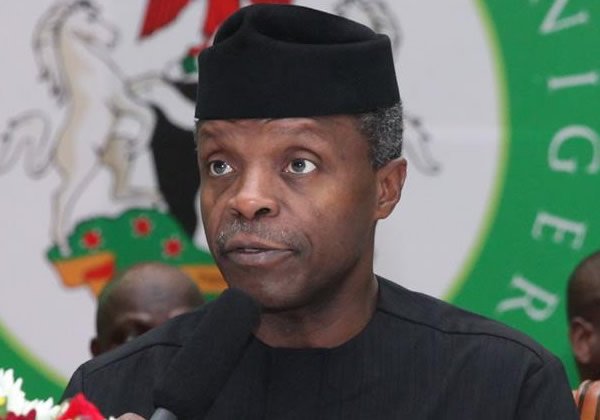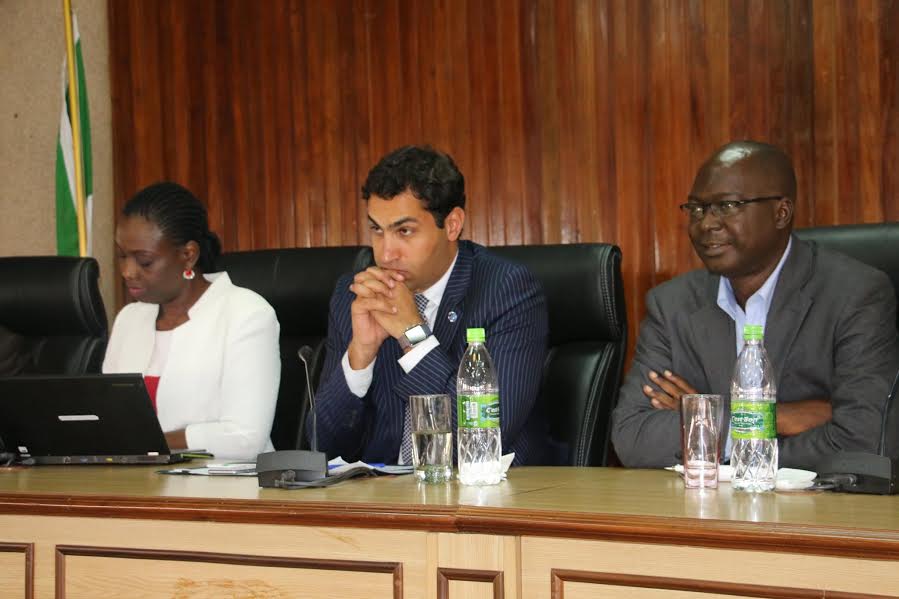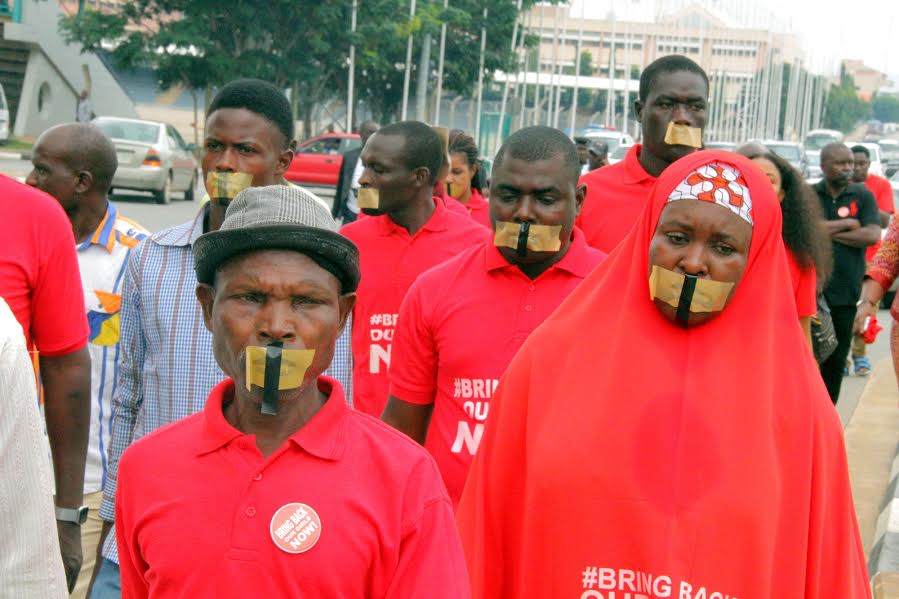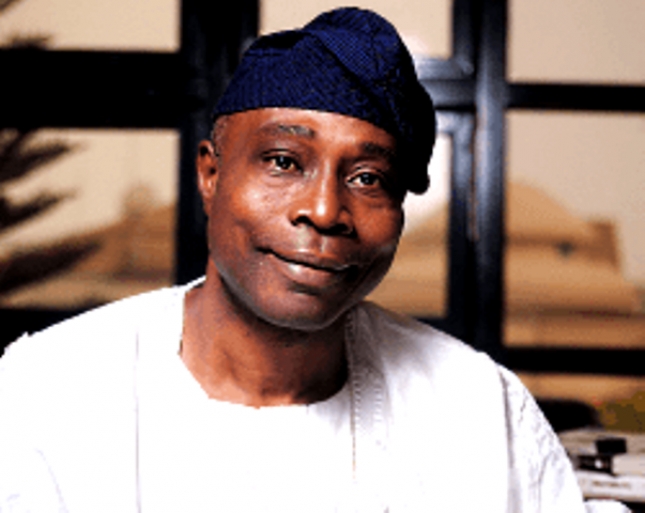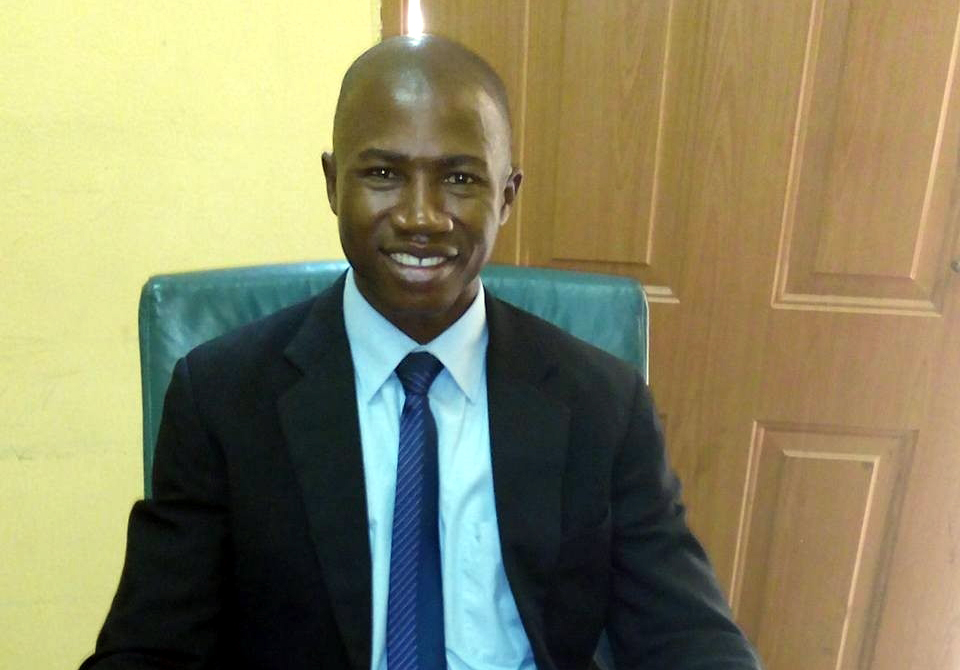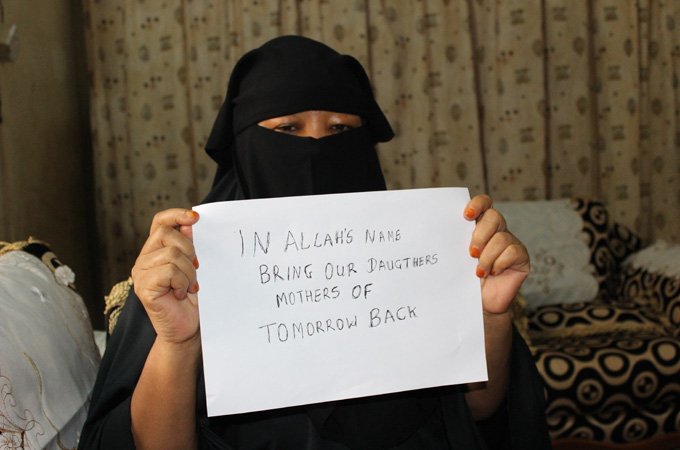By Okechukwu Eluogu
Diversifying the Nigerian economy to address near total reliance on proceeds from the oil and gas sector is a policy that has been touted by successive governments in Nigeria. With the recent crash in oil price and consequent hardship engendered by this over-reliance on oil, it has become more compelling to Nigerian policy makers and all stakeholders that diversifying the economy is not optional but mandatory. It is however to be undertaken at this point as a response to the new economic reality.
Diversification in the present Nigerian economic context simply means creating new avenues for economic growth. It involves using the right strategy to boost revenue generated from other sectors of the economy. That is, facilitating growth of other sectors of the economy and through this, reversing the effects of the economic crises and returning the economy to a growth path. It however will not necessitate a neglect of the oil and gas sector but accommodates maximizing revenue derivable from the sector.
WHAT SHOULD THE GOVERNMENT DO?
1. SET OUT A PLAN
Advertisement
Setting out a workable plan is the first step that should be taken towards diversification of the Nigerian economy. It is noteworthy that the Federal Government already developed a plan. The plan should guide actions of the government towards a holistic response to the economic crises while still channeling scarce resources into decisions that will have as much impact on the economy as the Federal Government desires.
The Federal Government’s plan should among other things:
a) CONCENTRATE ON THE MOST IMPORTANT AREAS
Advertisement
Due to lack of funds and urgency of the situation, the government should determine the most important areas to concentrate its efforts. While the government must develop every sector of the economy, for purposes of diversification effort should be maximized on strategic areas, areas that will yield the highest returns and areas that will yield the quickest returns. These could include infrastructure, manufacturing, industry, agriculture, solid minerals, technology, finance (including banking), and health, among others.
b) MAKE PROJECTIONS
The government needs to make projections. What does the government expect from each action it takes, in the short, medium and long term? This will also be used to determine areas for government intervention.
c) ANSWER RELEVANT QUESTIONS
Advertisement
The government will need to answer questions such as: what are the exact challenges in the various sectors? What actions are required from the government? Who else can participate? How can they participate and how can the government get them to participate? How much funds are available? How much can be sourced and from what sources?
2. GET OTHERS INVOLVED
The Federal Government cannot actualize diversification of the economy alone. It would need to develop some areas by itself, create the enabling environment for others to participate and facilitate the participation of other parties in relevant areas.
a) THE PRIVATE SECTOR
Advertisement
There must be substantial participation of the private sector for the Nigerian economy to become diversified. Investment is needed from both local and foreign investors. The government needs to attract and facilitate private investment, particularly in the selected areas. The Federal Government’s extensive consultation with the private sector is commendable though this needs to impact government policy and private investment accordingly.
In deciding whether to invest in Nigeria, investors will probably consider issues such as security, available infrastructure, return on investment, predictability of government policy, current forex regime and condition of the forex market, certainty of legal rules and access to justice, ease of doing business among others. While investors are reluctant to invest in Nigeria presently, the Federal Government should use the right strategy to attract private investment in the short to medium-term without waiting for every necessary condition to be generally available.
Advertisement
b) STATES AND LOCAL GOVERNMENTS
States and local governments are also important parties that should be involved in this diversification program. They would assist in several ways including in the implementation of the federal government’s programs. The federal government should liaise with states while the states work with local governments.
Advertisement
The states and local governments should also be encouraged to come up their own separate plans in response to the economic crises. Obviously money from the Federation Account has become insufficient for many states and the target now should be making every state viable, capable of independently sustaining itself without support from the federal government in the long run. It is time for states to begin to think of ways of generating funds besides taxation and federal allocation.
Hesitance or delay from these levels of government should however not delay implementation of the federal government’s plan. While states should be carried along, any delay from them should not affect work at the federal level.
Advertisement
c) FOREIGN GOVERNMENTS
Whether it is for promoting exports, transfer of technology, investment co-operation or other forms of economic co-operation, the Federal Government could partner with other countries. ECOWAS for instance can be much more useful for Nigeria than it is today and this should be explored.
3. USE THE RIGHT STRATEGY TO BOOST THE SELECTED AREAS OF THE ECONOMY
This is the actual target of the diversification program. It involves implementation of the Federal Government’s plan. The government should make use of the right strategy to drastically increase revenue generated from selected areas of the economy while still increasing revenue from every sector generally. There will be need to deal with issues such as import substitution, small and medium scale enterprises, entrepreneurship, agriculture, infrastructure, health among others.
NECESSARY FURTHER STEPS
Both the meaning of diversification and what it entails are more or less obvious. The economic situation in Nigeria however keeps getting worse even though the price of oil has rebounded from close to $30 to about $50 per barrel as at the time of writing. There is also widespread disenchantment among the masses and a feeling of hopelessness in many quarters. The question that arises is whether the Federal Government’s strategy has failed or the government is yet to start implementing its plan.
It is obvious that inadequate funds, the condition of the forex market as well as crises in the Niger Delta and the North East put undue pressure on the economy. For want of space, these issues will not be discussed here but the Federal Government in addition to the steps it is taking needs to:
a) TAKE CONTROL OF THE SITUATION IN THE ECONOMY
One of the reasons why the economic situation keeps getting worse even when the price of oil in the international market starts rising is loss of confidence in the economy, both by investors and some section of the general public. The government appears not to be in control. Although certain factors are not within the powers of the government like the price of oil, other factors are firmly within its control. The government must be in control of the situation or at least appear to be in control.
b) START TAKING BOLD STEPS
Whether it is planning the best strategy or consulting with stakeholders, it appears the government is to start the major work at a later date. Work should start immediately. Consultation, in some cases should be focused on projects rather than sectors. Other parties may not start necessary work if the government does not take the lead. In agriculture, an area where the government is very interested for instance, while there is a discussion as to incentives etc there is need for further action also geared towards expansion of medium size farms, promoting mechanized farming, and establishing new and bigger farms. With government participation investors can invest in farming without becoming farmers.
c) EXPEDITE ACTION ON AREAS WHERE GOVERNMENT WILL DO THE MAJOR WORK
The health sector for instance may not be particularly viewed as a sector that can generate substantially increased revenue. This is not true. With a reform of the health sector a considerable percentage of the money used for oversees treatment will be retained in the country. The problems plaguing the health sector include bureaucracy (in some government hospitals discharged patients sometimes use as much as three days to complete clearance in order to leave the hospital), lack of adequate infrastructure and inefficiency caused by lack of effective oversight. The government can immediately begin a reform of the health sector. Address the issue of bureaucracy either by itself or in conjunction with the private sector, restate guidelines and begin on-the-spot checks of hospitals, work with the necessary organizations to address issues of gross negligence, expand some hospitals where necessary and begin equipping government hospitals one after the other.
d) CARRY THE PUBLIC ALONG
There is need for the public to be carried along in the government’s response to the economic crises that is biting hard. The public needs to know what actions the government is taking to address existing challenges and the expected results of those actions. How will these actions affect the lives of Nigerians? The government should work on its communication with the public. This will address the feeling of hopelessness held by some Nigerians who believe things will not get better for a very long time.
Nigeria is undoubtedly facing enormous economic challenges. This should however be seen as an opportunity to do what ought to have been done before now. The Federal Government is indeed working but needs to redouble its efforts and start implementing its plan. With the right strategy the government can work with other necessary parties to diversify the economy and the country will come out stronger from the economic crises. The government would do well to start by giving Nigerians hope of better things to come.
Email: [email protected]
Views expressed by contributors are strictly personal and not of TheCable.
Add a comment
